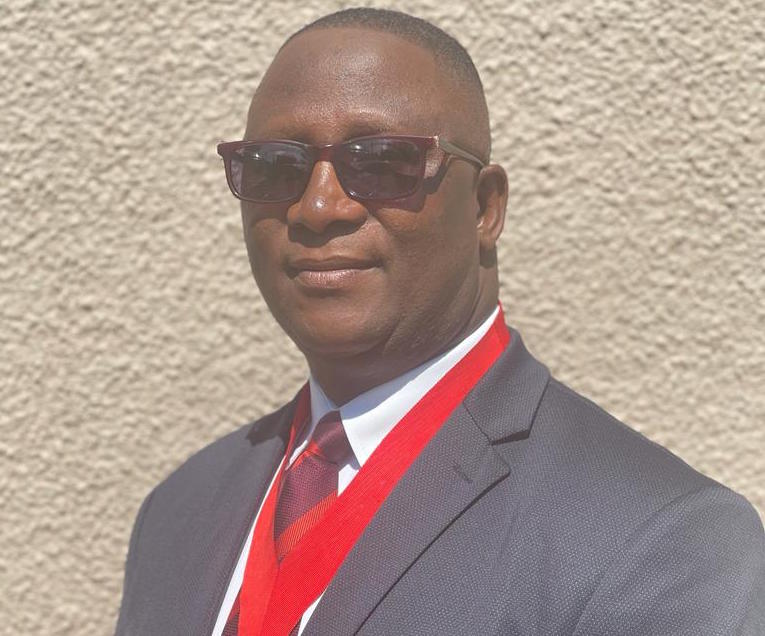|
Getting your Trinity Audio player ready...
|
The head of Finance and Administration at the Competition and Tariff Commission, Mr Jonathan Dube, is the new president of the Chartered Governance and Accountancy Institute in Zimbabwe (CGAIZ).
Mr Dube, who was previously one of the Institute’s two vice-presidents, was elected president at the institute’s recent annual general meeting, the first that has been held under the rebranded institute’s new name. Previously it was known as the Institute of Chartered Secretaries and Administrators in Zimbabwe.
The institute rebranded last year in line with the rebranding of its global parent body, which changed its name from the Institute of Chartered Secretaries and Administrators to the Chartered Governance Institute (CGI) to better reflect the institute’s focus on governance.
The Chartered Governance and Accountancy Institute in Zimbabwe is the Zimbabwe division of the Chartered Governance Institute Global and an associate member of the International Federation of Accountants.
Insurance Institute of Zimbabwe general manager George Chikava and Lifneth Moyo, who is leading the Opportunities for Youth Employment Programme being implemented by Empretec in partnership with SNV Netherlands, were elected vice-presidents of the institute.
Letitia Gaga, a past president of the institute, was chosen as the Zimbabwe division’s CGI Global representative.
Mr. Dube holds Master of Business Administration and Bachelor of Commerce Accounting (Honours) degrees. A registered public accountant and member of several professional accounting bodies, he has held managerial positions in both the public and private sectors in such varied sectors as health, petroleum, manufacturing, agribusiness and agrochemicals. He is an expert on International Public Sector Accounting Standards (IPSAS) and International Financial Reporting Standards (IFRS).
Mr. Dube said it would take time for people to adjust to the institute’s change in name, the change in name of its qualification and the change in the designation of its members from chartered secretaries to chartered governance professionals.
However, he believed the change in name more accurately reflected the role of members of the institute, since some outside the profession thought of typists and stenographers when they heard the name chartered secretary rather than professionals with the governance responsibilities that chartered secretaries had always had.
He said good governance was critical for all organisations and was an important consideration for potential investors.
He expressed confidence that corruption in Zimbabwe would eventually be rooted out and minimised. There was no country in the world without any corruption, he pointed out.
“We cannot eliminate corruption completely but we can minimise it. If you look at competitive indexes related to corruption, you will see that there is no country which has totally zero corruption,” he said.
He said in dealing with corruption it was necessary to start at the top, as it was high-level corruption that had the greatest impact on the country and its economy.
“Leaders have to show the way,” he said.
He believed that CGAIZ and its members, along with other professional bodies, had a role to play in combating corruption.
He called for the appointment of board members on merit rather than on the basis of loyalty in order to promote good corporate governance. He said parastatal board appointments were often political appointments rather than appointments on merit.
He pointed out that, in addition to its core corporate governance professional training programme, the institute had entered into agreements with the Zimbabwe Republic Police, the Zimbabwe Anti-Corruption Commission and the Auditor General’s Department to provide training in governance, forensic accounting and public sector professionalisation.






